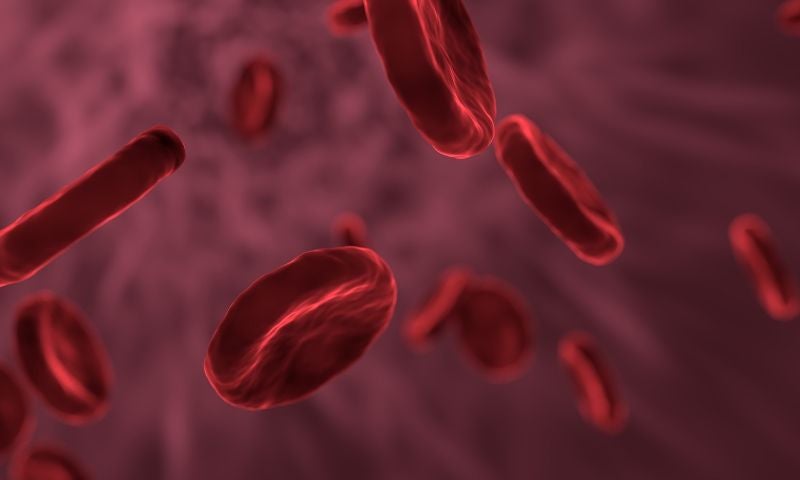
German biopharmaceutical firm Adrenomed has reported positive results from the proof-of-concept Phase II AdrenOSS-2 clinical trial of adrecizumab in patients suffering from early septic shock.
Adrecizumab is a monoclonal antibody designed to act on the vasoprotective peptide, adrenomedullin, to re-establish and sustain vascular integrity. Adrenomedullin is a free-circulating peptide generated by vascular endothelial cells.

Discover B2B Marketing That Performs
Combine business intelligence and editorial excellence to reach engaged professionals across 36 leading media platforms.
Sepsis, which is the primary cause of death in hospitals, leads to organ dysfunction due to a dysregulated host response to infection. Septic shock is the most severe form of sepsis with limited treatment options.
The randomised, international, multi-centre, double-blind, placebo-controlled Phase II study will assess the safety, tolerability and efficacy of the drug in a total of 301 participants in Germany, Belgium, France and The Netherlands.
AdrenOSS-2 enrolled early septic shock patients with increased bio-ADM levels in the blood. Participants were given adrecizumab or placebo in combination with standard-of-care.
The trial met the primary endpoint with adrecizumab showing an encouraging safety profile. The drug was found to be well-tolerated and the safety and tolerability data was consistent with prior Phase I data.

US Tariffs are shifting - will you react or anticipate?
Don’t let policy changes catch you off guard. Stay proactive with real-time data and expert analysis.
By GlobalDataThe mortality rate in the placebo group was 28% at the 28-day follow-up. All-cause mortality was also observed to be lower in the treatment arm compared to the placebo group.
Adrenomed CMO Dr Jens Zimmermann said: “These are very promising results and consistent data. The outcome of the AdrenOSS-2 trial indicates that adrecizumab is of benefit for septic shock patients.
“By restoring and maintaining vascular integrity, adrecizumab may represent a new treatment option for septic shock.”
The company intends to discuss further development of the drug with regulatory authorities and partners.
Besides septic shock, adrecizumab is believed to have the potential to treat other serious or life-threatening conditions caused by vascular leakage.





